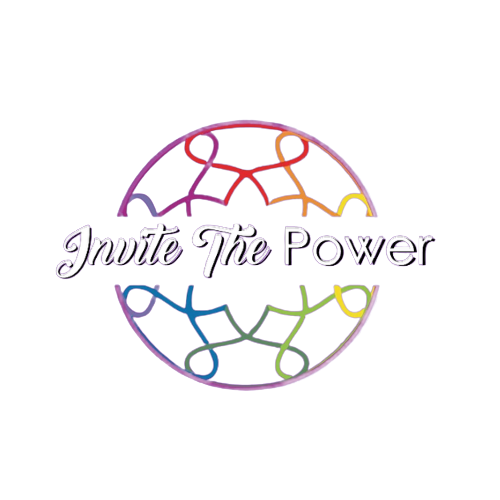Science Reveals The Extraordinary Potential Within Us, And Our Clinically Proven Program Taps Into That Power!
Supported By Neuroscience
Our program is supported by neuroplasticity, the brain's remarkable ability to change and adapt. By engaging with our program regularly, you can actively promote the rewiring of your neural pathways, leading to enhanced intuition, manifestation abilities, and overall well-being.
Neuroplasticity allows your brain to create new connections and strengthen existing ones, shaping your neural networks based on your experiences and repetitive actions. Through regular use of our program, you provide your brain with consistent and positive stimuli, reinforcing the pathways associated with alignment, intuition, and manifestation.
By engaging in the core components of our program, you actively promote neuroplasticity. These practices encourage the growth of new neural connections, enhance synaptic plasticity, and foster a more receptive state for intuitive insights and manifestation.
Reprograms The Subconscious Mind
Your subconscious mind is the part of your mind that operates below your conscious awareness. It contains your beliefs, experiences, memories, skills, and everything you have encountered, done, or thought in the past.
It also holds your limiting beliefs, which are negative beliefs that you have about yourself, others, or the world that limit your ability to think, feel and act in ways that can block Intuition.
Reprogramming the subconscious mind involves changing deep-seated beliefs and thought patterns that may be hindering personal growth and development.
By promoting neuroplasticity through our core practices you can begin to create new neural pathways that support your desired outcomes, including the development of intuition.
Over time, this can lead to significant improvements in overall well-being, emotional regulation, and the ability to attract positive experiences.
The Science of Intuition
The topic of intuition, previously believed to be of interest only to parapsychology, telepathy, and premonition, is now a widely discussed subject in the field of psychology.
Gerd Gigerenzer, a cognitive scientist from the Max Planck Institute for Human Development in Berlin, suggests that when it comes to making important decisions, intuition can be a more valuable tool than reason. According to Gigerenzer, people don't rely solely on reason when dealing with complex issues, and he believes that intuition should be recognized as a form of unconscious intelligence.
A study published in the journal Psychological Science in 2016 found that it is possible to measure intuition. Researchers use a innovated approach and found evidence that people can use their intuition to make more accurate, confident, and quicker decisions.
Joel Pearson, an associate professor of psychology at the University of New South Wales in Australia and the study's lead author, commented on the findings, saying that they show that intuition exists and can be measured.


